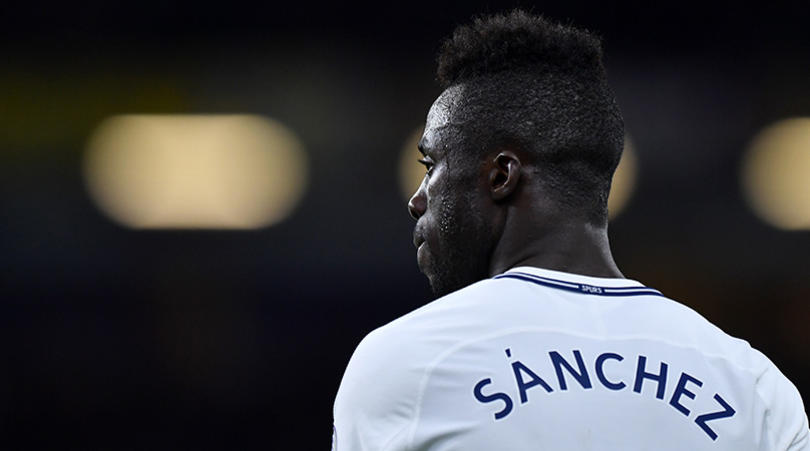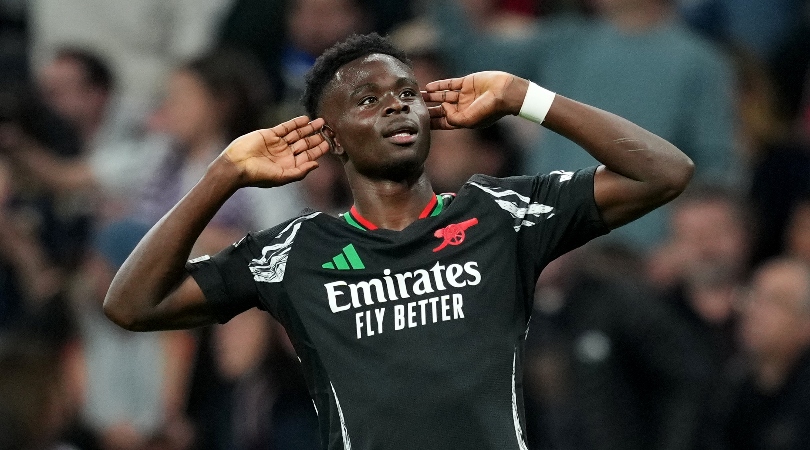Yes, Tottenham need to show a winning mentality against Manchester United – but even that may not be enough in the long term
Spurs can gain that sought-after winning edge by claiming the FA Cup but, as Seb Stafford-Bloor explains, there are greater obstacles for the club to overcome
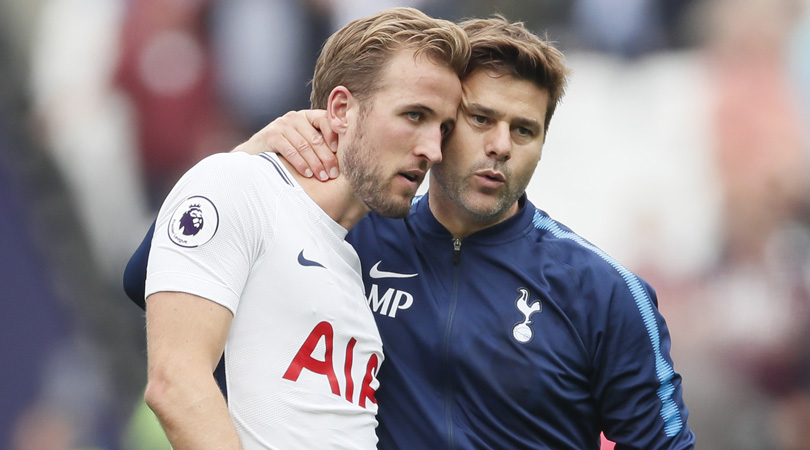
The 1976 final of the Anglo-Scottish Cup is a strange place to begin an assessment of modern Tottenham’s short-term imperatives, but it’s appropriate. It was then, 42 years ago, that Brian Clough’s Nottingham Forest took the first step on their remarkable ascent and the competition, long since defunct, has been a reference point ever since.
Rather like the contemporary League Cup, it was a tournament of little resonance which few managers took seriously. Clough, ever the contrarian, thought differently.
“Those who said it was a nothing trophy were absolutely crackers,” he said. “We’d won something, and it made all the difference.”
Eighteen months after defeating Leyton Orient 5-1 across two legs to claim that prize, Forest were English champions for the first time in their history. Within four years, they had won and defended the European Cup. In Clough’s mind, the Anglo-Scottish Cup served as an incubator for the club’s ambition, creating the conditions for further success by heating a winning spirit.
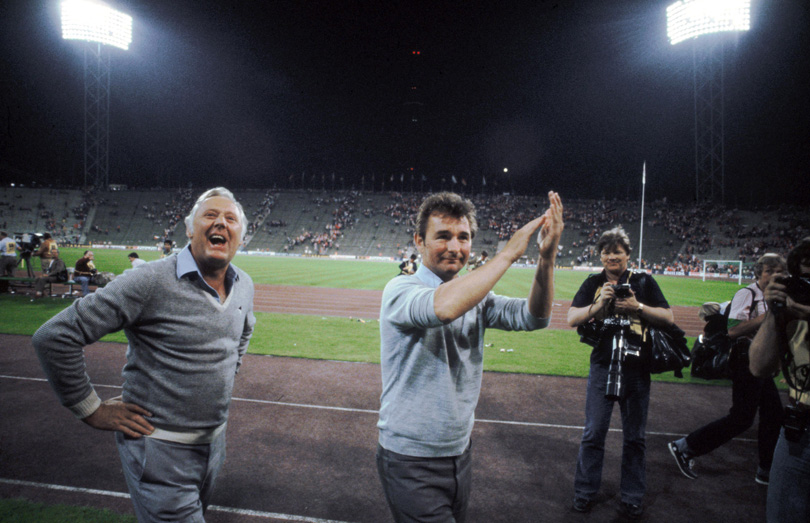
It’s the “taste of champagne” theory, and people ascribe to it as strongly now as Clough did then.
Which is why, in part, this year’s FA Cup is believed to be of critical importance to Tottenham. Mauricio Pochettino’s side have taken great strides over the past four years, requalifying for the Champions League twice, mounting credible Premier League title challenges in each of the past two seasons before this one, and ditching many of their old, flimsy associations along the way.
'But what have they won?'
Get FourFourTwo Newsletter
The best features, fun and footballing quizzes, straight to your inbox every week.
Tottenham retain the maddening habit of stumbling when it matters most
You hear this asked a lot. It’s partly a method of attack - a way for supporters of the traditional superpowers to cope with Spurs’ infringement upon their territory. Pochettino’s players are the unwelcome guest at what used to be an exclusive party and that’s bred a palpable resentment. Pointing out their lack of silverware equates to stationing another bouncer on the door.
Nevertheless, there is a point here: for as long as football is played, success will be weighed in silver. Further to this, Tottenham retain the maddening habit of stumbling when it matters most. Their failure to overhaul Leicester in 2016 has always been dressed as more of a failure than it probably was and, while they were closer than anyone else, they were never really a threat to Chelsea in 2017. Still, Pochettino’s time at the club, successful as it has been, hasn’t been without its disappointments.
The League Cup final defeat to Chelsea in 2015 was demoralising if not entirely unexpected, the exits in the Europa League were regularly feeble and, most notably, the semi-final defeat in last year’s FA Cup - again to Chelsea - showed little winning fibre. It was a game they largely dominated, but one in which they still conceded four times.
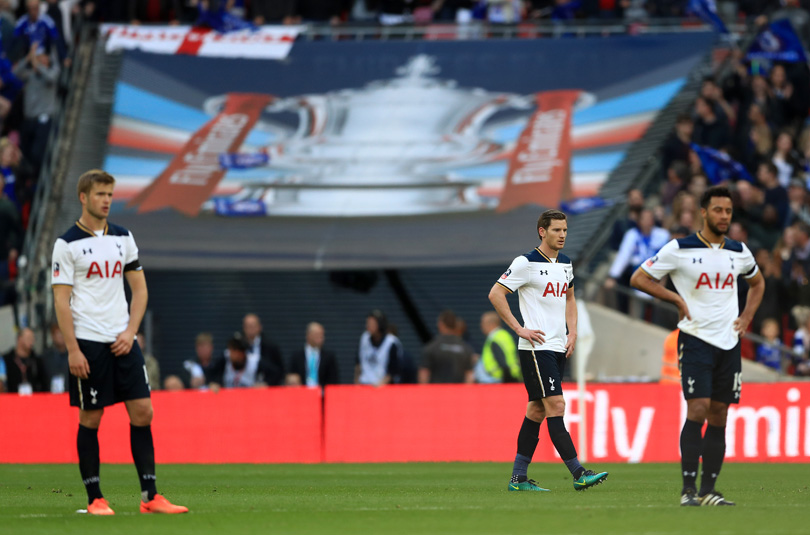
In the 12 months since, the past has most commonly been offered in explanation. Spurs didn’t have the muscle memory to win that game. They didn’t even know where the finishing line was at Wembley. Why? Because their dusty trophy cabinet says so.
It’s a seductive argument, but flawed – and, actually, has little supporting history. Manchester United’s dynastic period wasn’t instructed by any tangible success. Arsenal’s first league title under Arsene Wenger was achieved without any notable waypoints, and barring the Charity Shield, Blackburn hadn’t won anything for 67 years before lifting the league title in 1995. Chelsea and Manchester City may have both captured domestic cups before winning the Premier League, but – in each case – they were hardly the root of their rise.
Conversely, there’s a long list of teams who have failed to be emboldened by trophy success. Modern Arsenal have won a succession of FA Cups and remain hopelessly blighted by neuroses. Even a Champions League win and a whole host of other successes couldn’t lift Liverpool to a first Premier League title, while Blackburn, Middlesbrough and Spurs themselves hardly provide testament to the long-term worth of the League Cup.
Testing times
Is Spurs’ lack of silverware the biggest obstacle to their future, or is it their nearest rivals’ ability to spend £200m every summer?
There’s a reasonable explanation for that, too. Winning cup competitions may have certain worth, but, whatever it is, it’s not something which should be logically transferable to the Premier League. After all, one is centred around hopeful romanticism, the other is an eight-month grind and a forensic examination of resources.
In that context, is Spurs’ lack of silverware the biggest obstacle to their future, or is it their nearest rivals’ ability to spend £200m every summer and employ a succession of decorated head coaches on decadent salaries? Was the difference in last year’s final really mentality, or was it one team’s ability to bring Diego Costa and Eden Hazard off the substitutes’ bench?
The broader issue is that football just doesn’t reward growth-by-increment in quite the same way. It’s perfectly possible that Brian Clough was right about the Anglo-Scottish Cup. It’s equally conceivable, though, that the values it germinated in his Forest team just aren’t worth as much as they were.
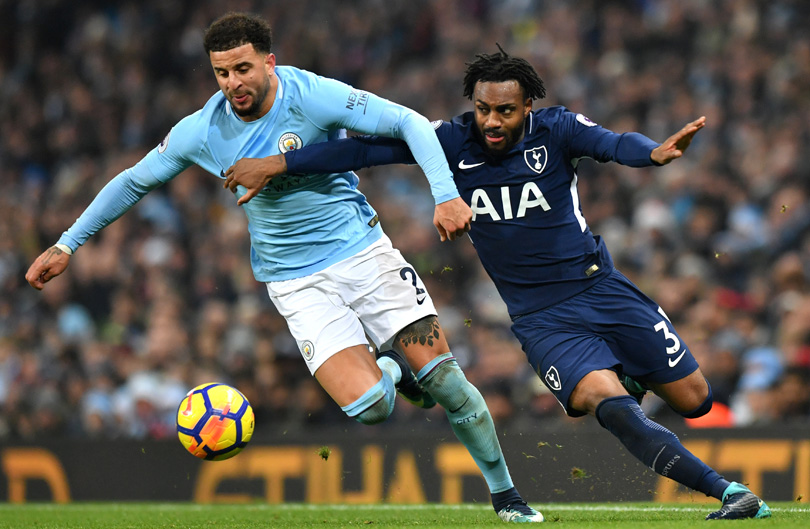
It’s more palatable to pretend otherwise. Believing that championships can still be won through mental toughening ignores an outmoded view and, ultimately, a disheartening reality. In this football world - a petrodollar nightmare - not every dog will have its day. Should Tottenham win the FA Cup this season, that would be a wonderful achievement; true recognition for Pochettino and his players, plus an earned reward for their supporters.
However, by the time the club have finished gathering up the marginal gains from the Wembley turf, another billionaire will have already written another nine-figure cheque. Progress earned is now worth less than progress bought. The same day the parade is snaking down the High Road, battalions of world-class players would already be marching into Old Trafford and the Etihad.
Acknowledging that is tough. Doing so involves surrendering some of your love for the game. Nevertheless, it’s still the reality; marginal gains rarely add up to a quantum leap and that, unfortunately, is what Tottenham need to achieve.
But – yes – they do need to win something as well. Not because it would serve as a precursor to something better, but because it would provide sustenance for the heart and a jolt of Vitamin B in this world in which only the few are allowed to see the sun.
Seb Stafford-Bloor is a football writer at Tifo Football and member of the Football Writers' Association. He was formerly a regularly columnist for the FourFourTwo website, covering all aspects of the game, including tactical analysis, reaction pieces, longer-term trends and critiquing the increasingly shady business of football's financial side and authorities' decision-making.
